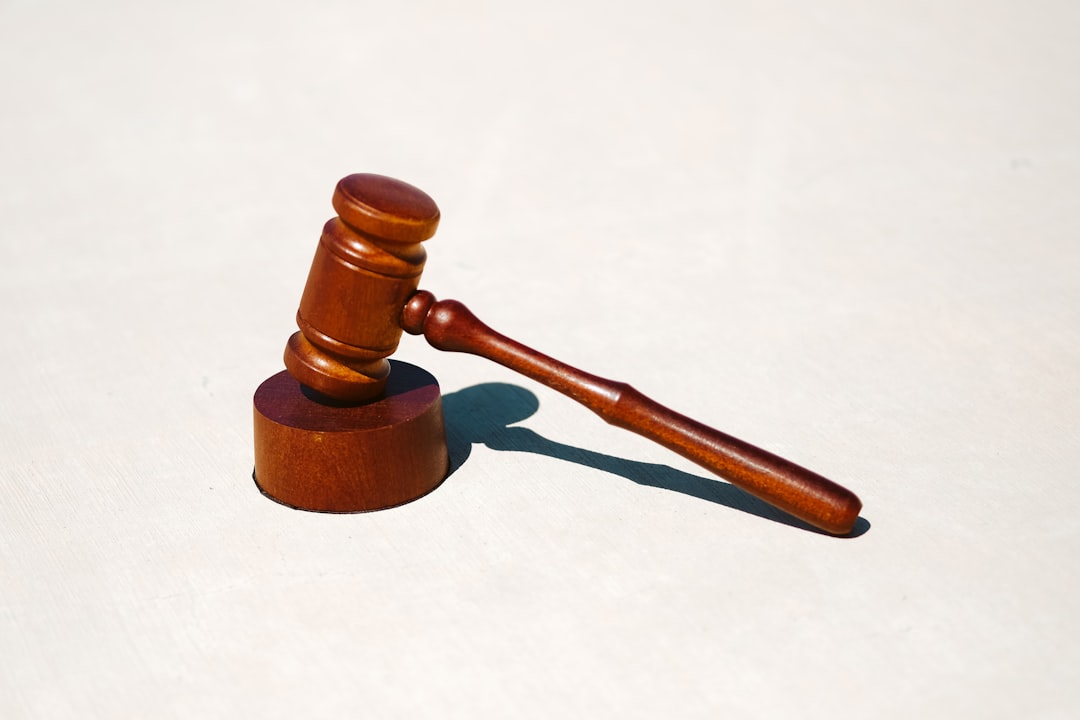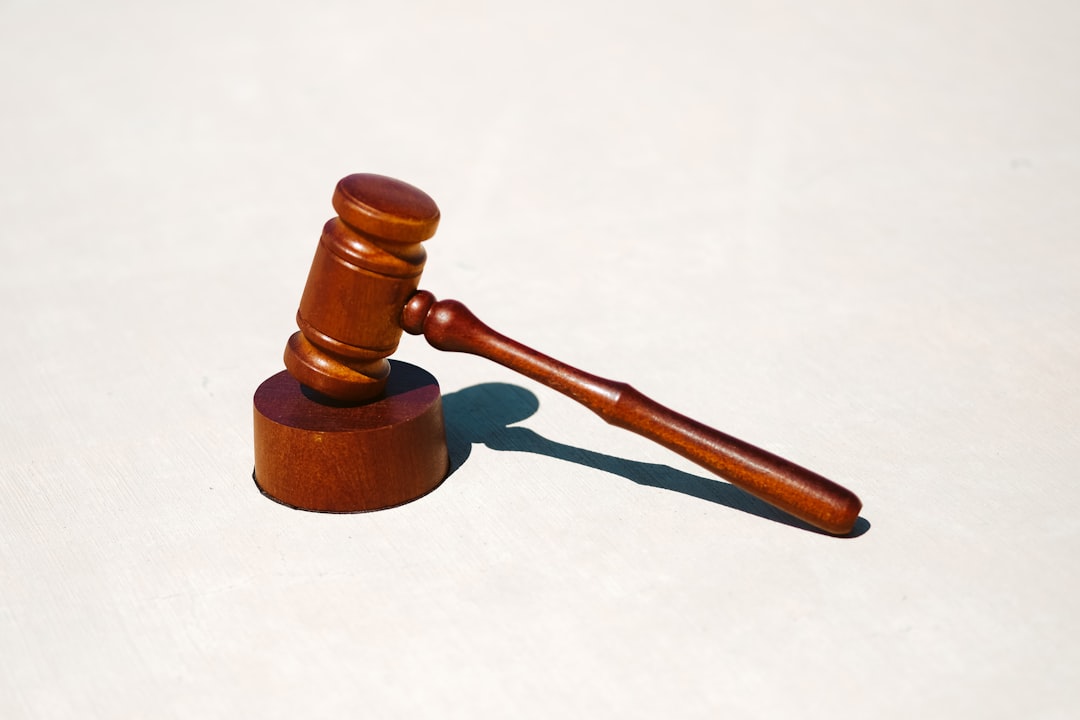School abuse attorneys in Austin, TX, are crucial in supporting low-income families dealing with various legal issues related to student harm or potential harm in educational settings, including bullying, physical assault, emotional abuse, and neglect. Local legal aid organizations provide pro bono services or discounted rates, ensuring all students can seek justice regardless of financial background. These attorneys navigate complex legal processes and advocate for victims, holding accountable those responsible while empowering families to actively participate in their child's well-being and education.
In Austin, Texas, low-income families facing school abuse cases often lack access to adequate legal representation. This article explores the complex landscape of these issues from a legal perspective, providing insight into how school abuse attorneys in Austin TX can help navigate intricate legal processes. By understanding eligibility criteria and the specific challenges faced by vulnerable families, we highlight the critical role of legal aid in ensuring justice and protection for children.
Understanding School Abuse Cases in Austin, TX: A Legal Perspective

School abuse cases in Austin, TX, encompass a range of legal issues involving harm or potential harm to students within educational settings. These matters can include allegations of bullying, physical assault, emotional abuse, or neglect by school staff or peers. Understanding these complex cases from a legal perspective is crucial for ensuring the rights of low-income families are protected. Austin’s legal aid organizations play a vital role in providing support and guidance to such families, helping them navigate the intricate legal landscape surrounding school-related abuse.
School abuse attorneys in Austin TX specialize in advocating for victims and their families, offering expertise in local laws and regulations pertaining to student safety. They work diligently to gather evidence, interview witnesses, and develop strategies to hold accountable those responsible for abusive behavior. By providing legal aid, these professionals empower low-income families to take action, seek justice, and create a safer learning environment for all students.
Eligibility Criteria for Low-Income Families Seeking Legal Aid

In Austin, Texas, low-income families facing school abuse cases can access legal aid through various non-profit organizations and government programs. Eligibility for such assistance typically depends on factors like household income, family size, and citizenship status. School abuse attorneys in Austin TX offer pro bono services or at significantly reduced rates to ensure that all students, regardless of their financial background, have a chance to seek justice.
Families interested in obtaining legal aid should provide documentation proving their eligibility. This includes tax returns, pay stubs, and any other proof of income. Additionally, they must demonstrate that the school abuse is substantiated by credible evidence, such as medical records, witness statements, or official reports from educational institutions. These criteria are designed to ensure that limited legal resources are allocated efficiently to those who need them most, with a focus on providing representation for students facing serious instances of school abuse and neglect.
The Role of School Abuse Attorneys in Navigating Complex Legal Processes

School abuse attorneys in Austin TX play a pivotal role in advocating for low-income families facing complex legal processes related to educational misconduct. These attorneys are well-versed in navigating the intricate web of school policies, state laws, and regulatory bodies involved in such cases. They guide clients through every step, ensuring their rights are protected and their voices heard.
By leveraging their expertise, school abuse attorneys provide crucial support, from filing necessary paperwork to representing families in hearings. They help unravel often confusing legal jargon, making it easier for parents and guardians to understand the implications of each action. Their goal is not only to achieve a favorable outcome but also to empower families to become active participants in their child’s education and well-being.





